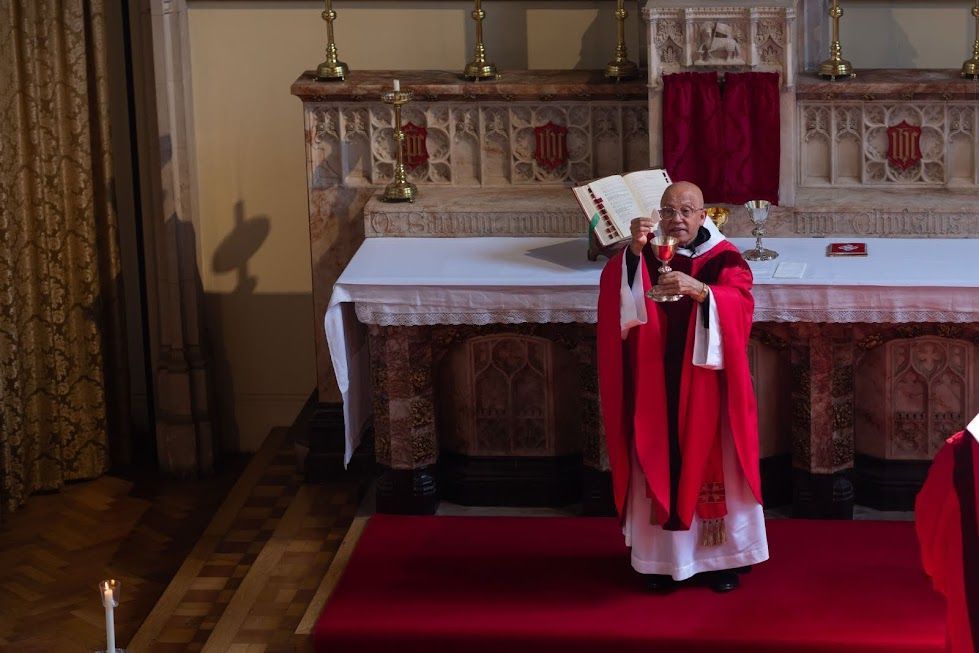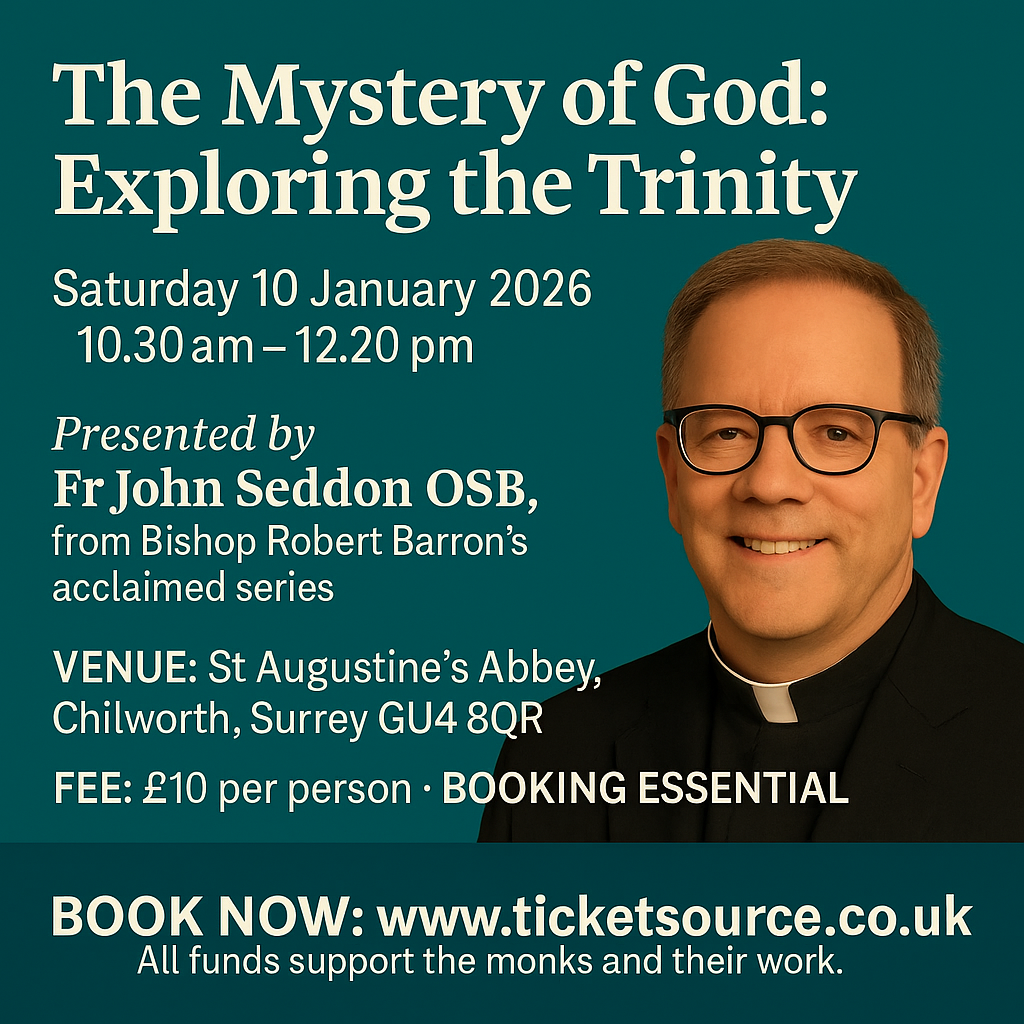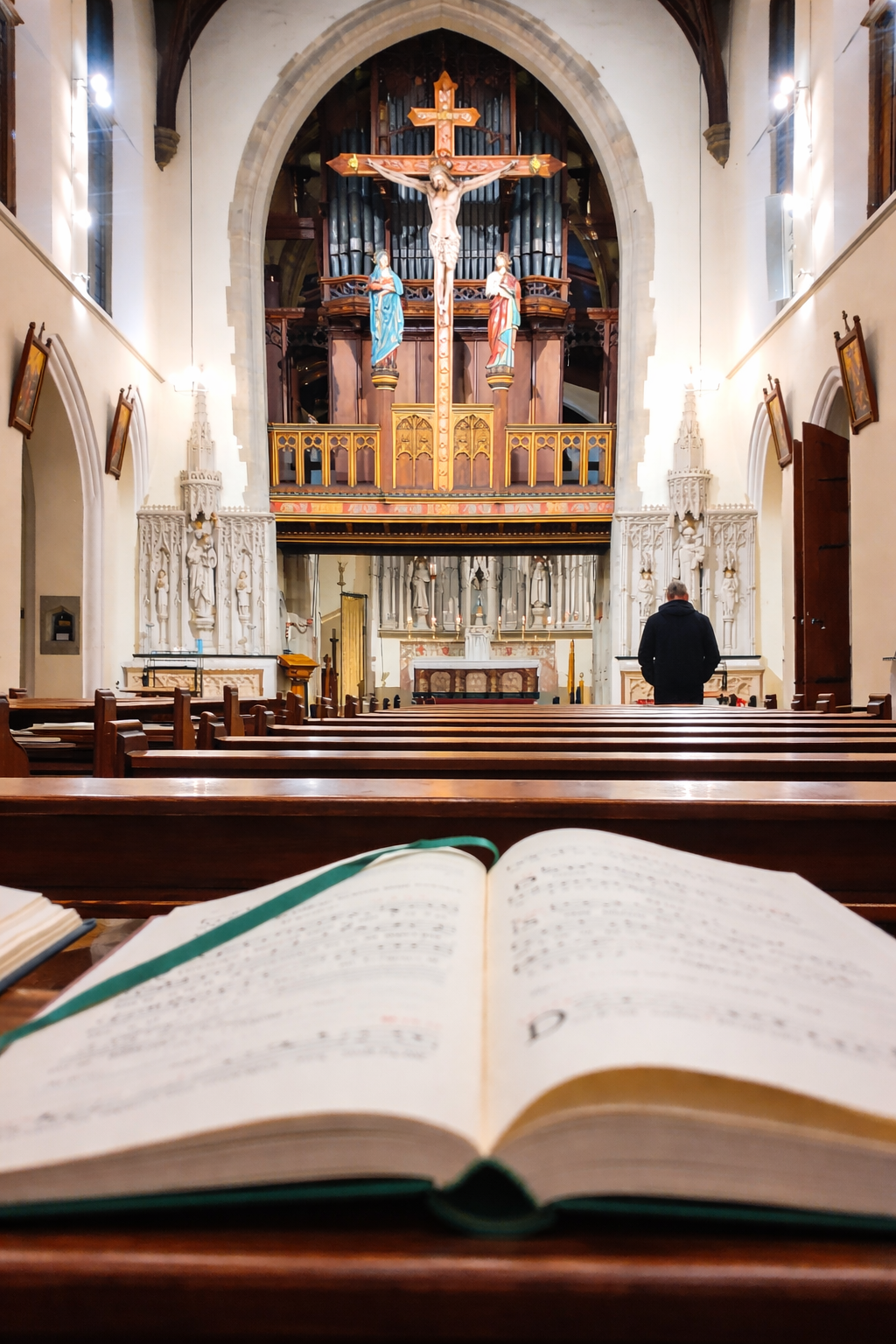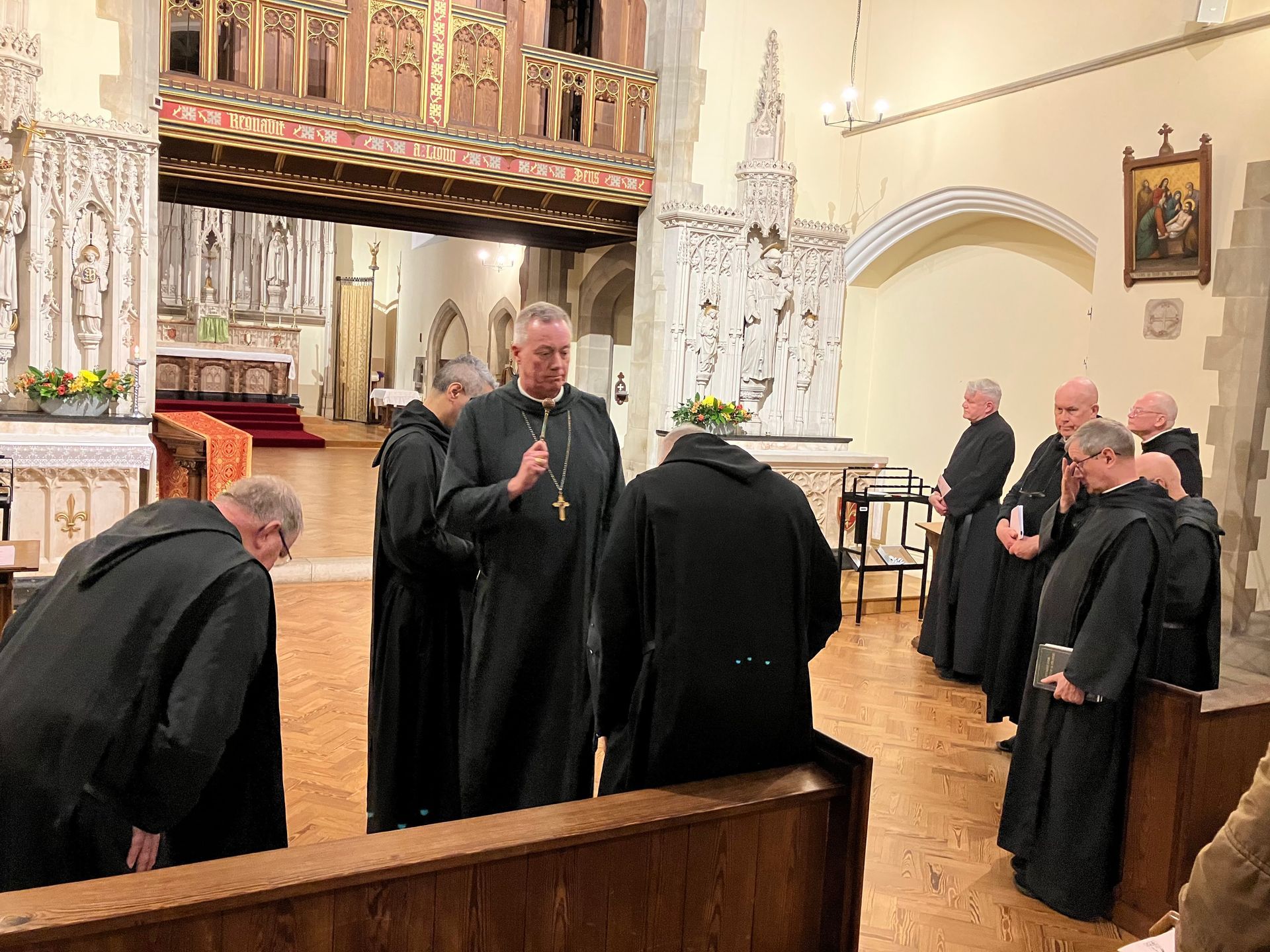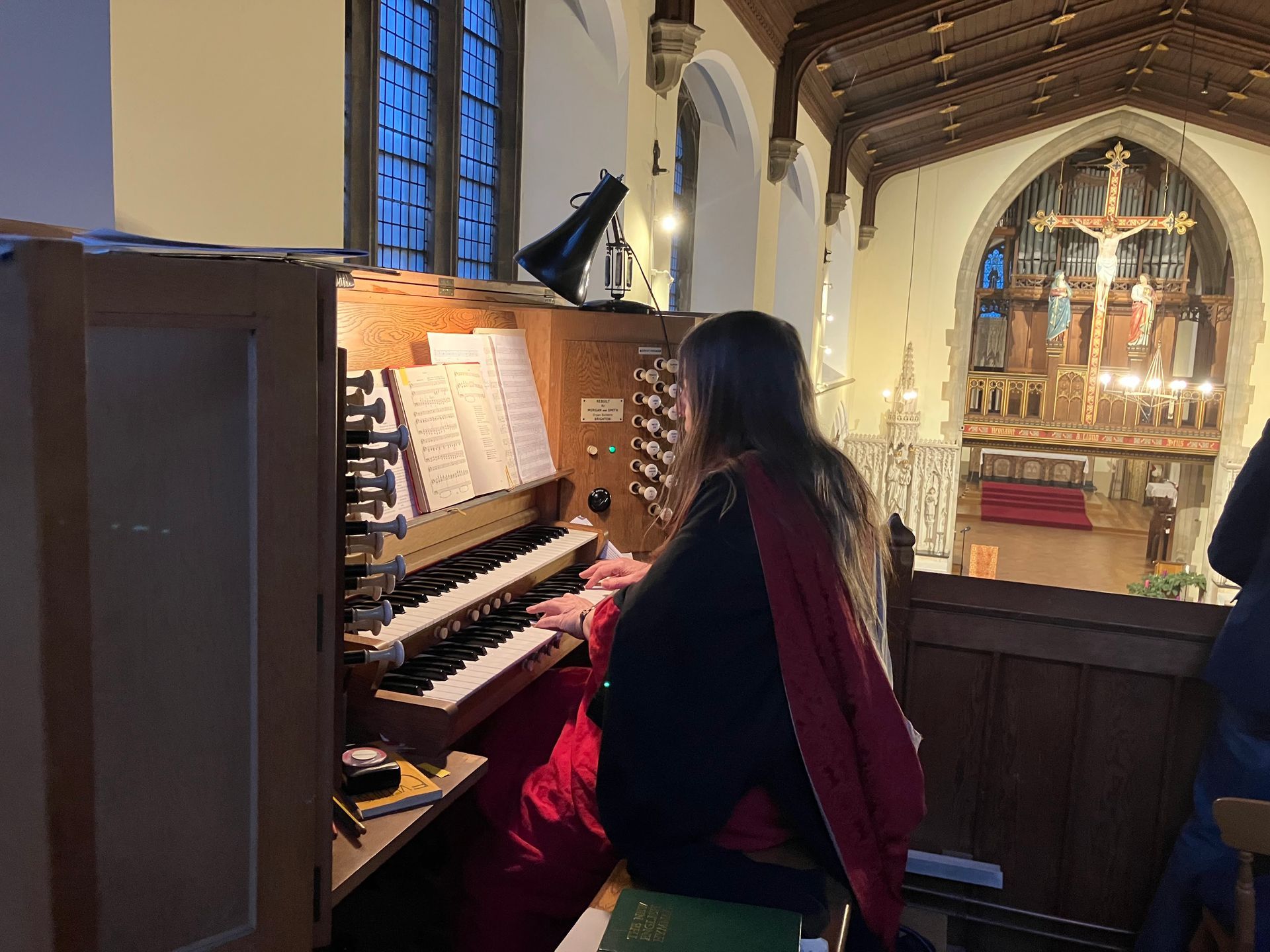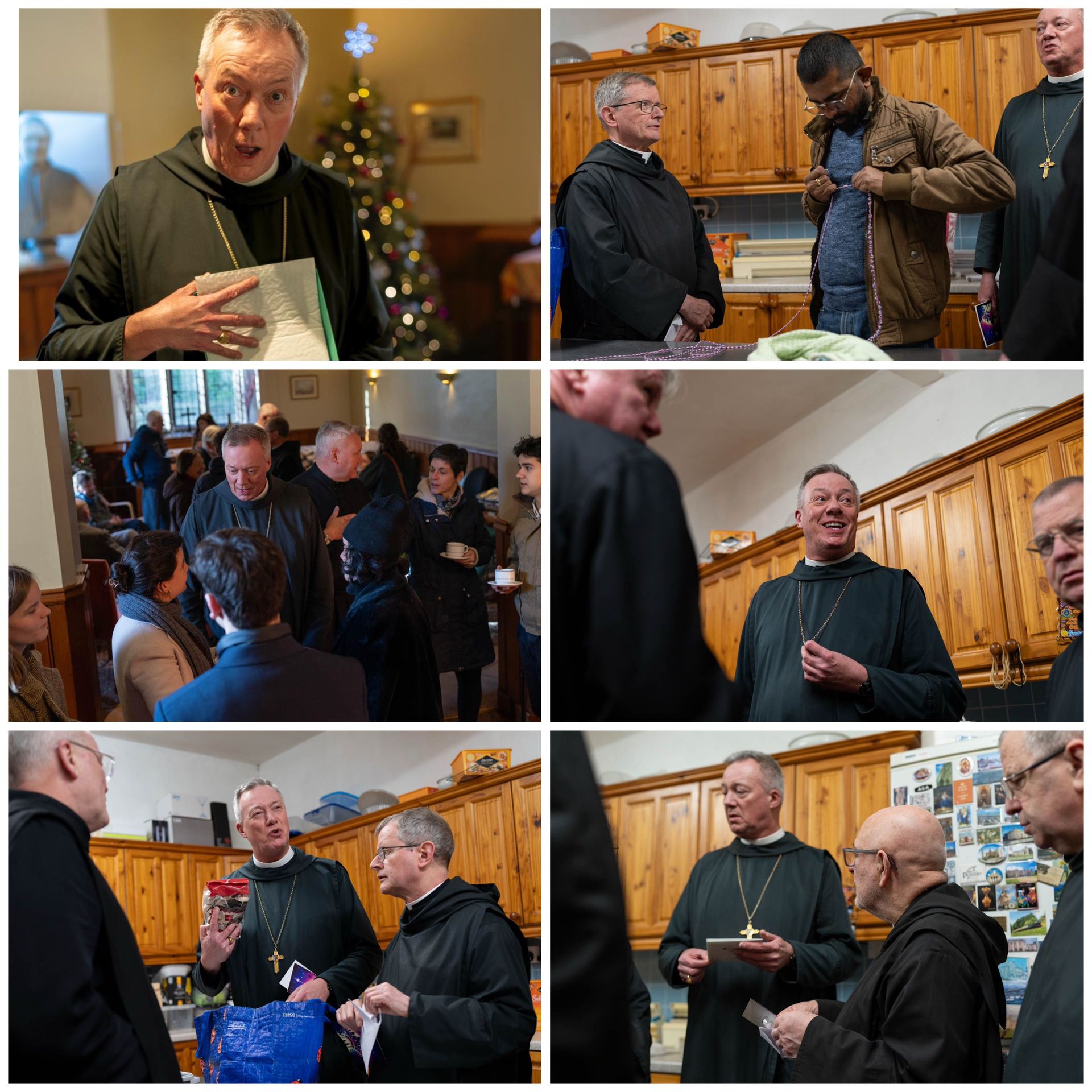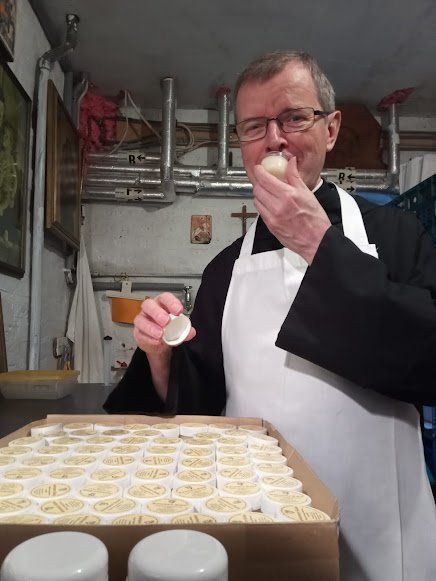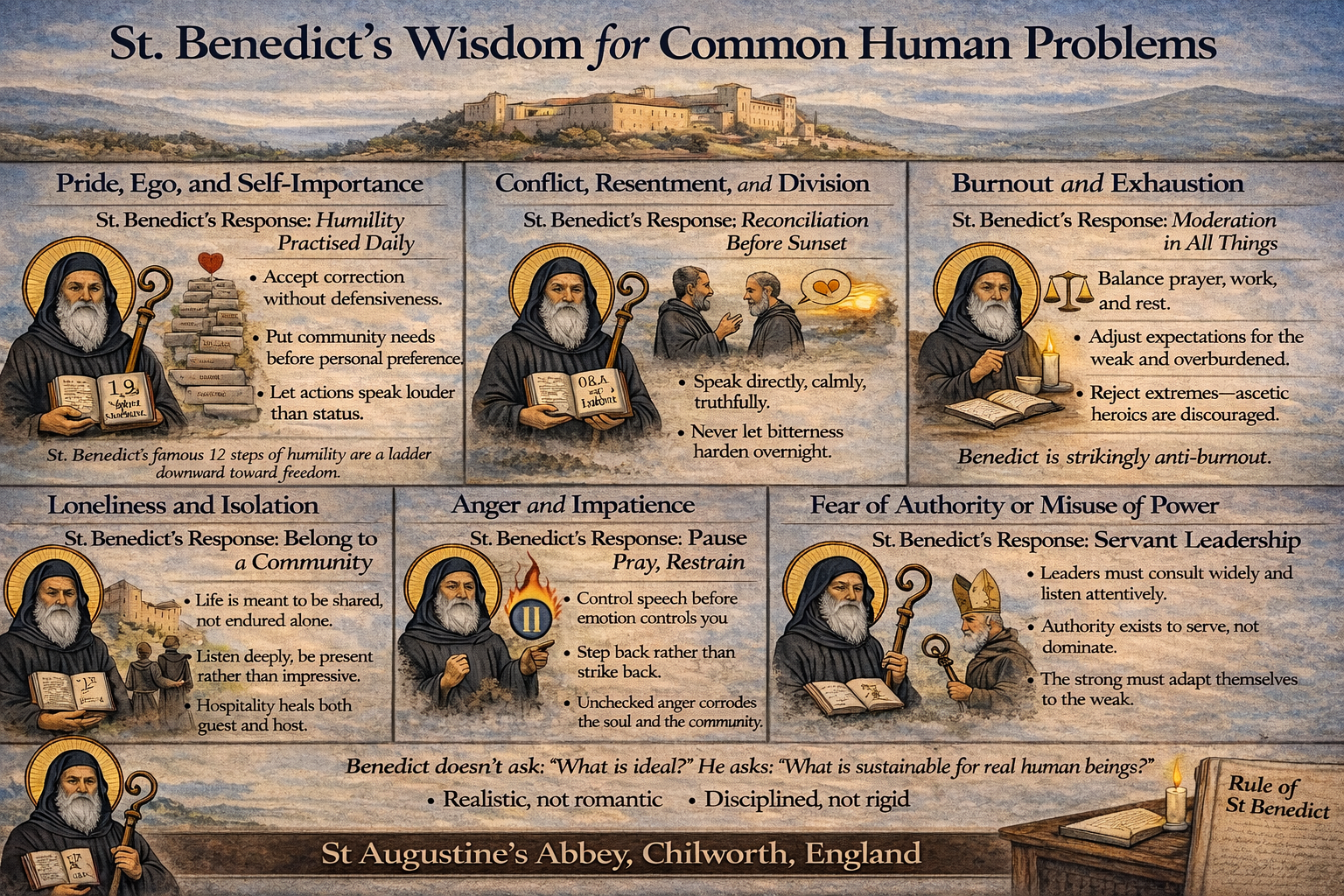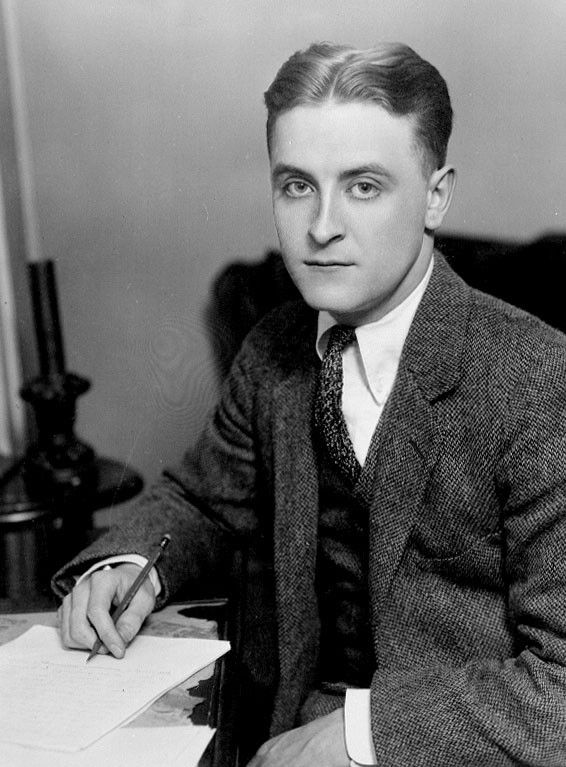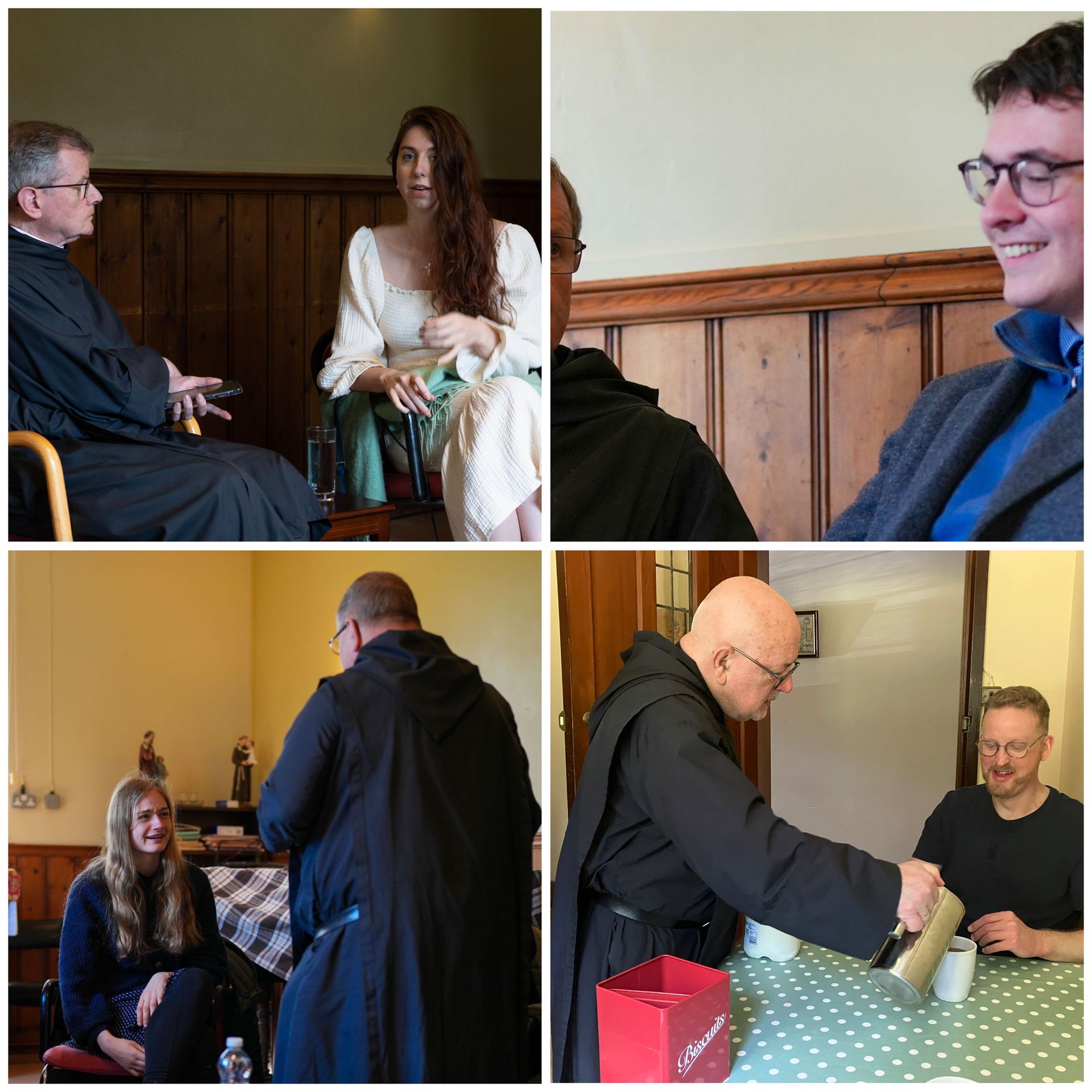'Doing to Being: Choosing Chilworth'
Fr John Seddon OSB • 1 July 2021
Enjoy this by Fr John as we are blessed to celebrate being ten years at Chilworth
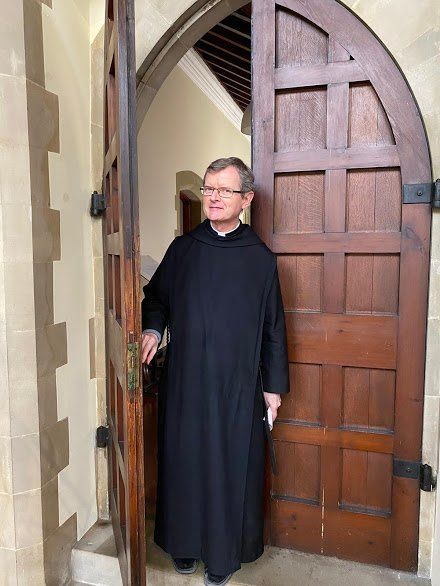
From Ramsgate to Chilworth - Doing and Being: A Personal Reflection
By Fr John Seddon OSB, Benedictine monk
When I entered Ramsgate in 1983, we ran two schools: St Augustine's College and The Abbey School, four parishes, and served, with daily Mass, five convents. The Community was divided between the monastery at Ramsgate and the schools at Westgate-on-Sea.
Some monks commuted daily, to teach and then celebrate a convent Mass in the ninety minutes left after school and before Vespers. For a teaching monk, living at Ramsgate, a typical day proceeded in this way. After Matins and Lauds at 5.45 am, Mass would be sung at 9.00 am. One preached regularly at this before going to teach. Then followed the twenty minute journey across the Isle of Thanet, being the eastern-most part of Kent, to arrive at school as the lay teaching staff were having mid-morning coffee. After a hasty drink, you began your teaching day.
Classes were usually prepared, and marking done in none-teaching periods, because there was no time for this when you returned to the monastery in theevening. Sext was recited by the few monks able to gather in the School Chapel, before lunch. Afterlunch, it was back to teaching until 4.30 pm, when you left promptly for the convents. I remember vividly, the sometimes hair-raising journeys around Thanet, as two priests tried to meet the convent deadline of 5.00 pm, hurriedly vesting and then composing oneself for Mass. The next deadline was 6.00 pm Vespers at the monastery. On the journey back, we often broke the speed limit and, arriving just as the bell rang, we would hurry through the famous tunnel, connecting church and monastery. Praying the psalms, often inspired heartfelt thanksgiving, for missing the car that had loomed as we attempted to overtake another. Not infrequently the rueful aside, 'The angels are on our side, Father', would have been uttered during the journey.
The monastic horarium was inevitably influenced by this daily schedule. When I began monastic life, Matins and Lauds were sung together and Mass was at 7.30 am. The Divine Office was comparable in its brevity to the Roman Office, the psalms being chanted over four weeks. Lectio was referred to occasionally, but the reality, in the short time one could scrape together for nourishing the soul, was 'spiritual reading'. The Kitchens were run and property maintained by employees. The school and parishes dominated everything. I often thought, as a novice and said more frequently as I grew to love my life as a monk, that I felt priority was invariably given to the Schools, then to the Parishes and Convents, then to monastic life in Community. This was nobody's fault. If you run a school, boys have to be taught, staff have to be paid, buildings have to be maintained.
The very dependability of the monastic Community, always ready to obey and work themselves to a standstill, meant they drew less attention than the daily problems arising from schools and parishes. It was a fact of monastic life as lived at Ramsgate and Westgate, and had beensince the erection of these schools and parishes, well over a century before.When Abbot Bernard Waldron was elected, much work was done endeavouring to rotate monastic life around the horarium and life in Community. Discussion groups were formed and the result was a step in the right direction. Two obligatory half hour periods for lectio were inserted into the timetable, Mass was moved from 7.30 am to 9.00 am, None was introduced, as was an evening recreation before Compline. However, with the schools and parishes and convents still in full swing,monastic centrifugal force did not work quite so well as in the solar system. Work still dominated: therefore, the liturgy, lectio, and Community life revolved around it. Naturally, vocations did not stay. Because of this, decline had already begun well before 1983, with the giving to the Diocese of someof the parishes we had erected over the years, and now, because of decreasing numbers of monks, could no longer run. Margate, Cliftonville, Broadstairs, Minster, Birchington, Westgate on Sea followed each other, to the Diocese. This became the pattern. As a crisis loomed, we reacted by
closing a parish and then, finally, closing the Schools, no longer only because of a lack of personnel, but because of financial necessity.
While day pupils were increasing and parents praisingthe schools' caring but firm environment, the boarders were decreasing, therefore, more trips were made, by the Principal, to far flung countries, to woo parents into sending the boys who would keepthe school solvent. Given the existence of the Ursuline Covent School, in our vicinity, the duplication involved, when we began to introduce girls into the lower school, seemed a rather desperate measure.Nevertheless, the closure of the school came as a shock to everybody apart from the Community, who had been debating it for some time.
Financially, it could no longer be sustained by us. We still mourn its loss, however much, as I feel, it was a drain on and distraction to our monastic lives.With the end of the schools, came the years when the Lord had clearly told us to look differently at our life, by taking away this dominating area of our work, and yet, inevitably, we found it very difficult to stop behaving as if we still had all those apostolates. It felt like being sucked into a 'black hole'. Looking back, we were going through a process of bereavement and part of that process was the denial that any change had really happened. Therefore, the remaining parishes, convent Masses, giving retreats, all became the new means of distracting us from, 'the one thing necessary'. In an attempt to build on existing expertise, I and another monk were sent off to qualify as state teachers. In those days, you could teach in a private school without a teaching qualification, as I haddone for five years, since my ordination on 1990. Our salaries would be a source of income and help maintain the monastery.
Again, another draining schedule was undertaken for a year, as we kept up monastic observance, while driving to our college in Canterbury and then to the schools in Kent where we cut our teeth on the State education system. Instead of the comparatively serene classroom encounters we had had for five years in our school, disruptive children were now the norm. Despite this, I am pleased to say, I qualified as a teacher. I still find teaching children satisfying, if only it were not, for me, so incompatible with being a monk. When the year was over, I found myself in hospital, unable to deal with an infection because I was so run down, then, developing pneumonia, I convalesced for three months, to my considerable relief. More improvements to the liturgy had been made, by adopting the ordering of the psalms over oneweek, according to Fuglister, but it was still not a recipe that worked, because, with the ghosts of our apostolic past still haunting us, it meant we had begun working with a beautiful jewel, but in thewrong setting. However, the time for correcting it was at hand, when money spoke. It became clear that twelve monks living in a monastery made for forty was foolish both monastically and certainly financially. Reactions, as they had been with the closure of the school, were inevitably sad and sometimes angry.
The employment of a Public Relations Consultant did much to facilitate the announcement of our relocation.The new setting for the monastic jewel of liturgy, work and lectio, all balanced beautifully, came quickly. Debate about a move was not protracted, as financially, it was no longer possible to live in the way we were. Soon we became united, although enormously sad to leave the monastery where Ramsgate monks had resided for over 150 years. Suitable properties were not easily found. Fr Abbot and Fr Dunstan were beginning to show signs of house hunting fatigue, when the phone call from the Provincial of the Friars Minor came to suggest a viewing of Chilworth. From the first moment it was seen as ideally suited to our requirements by some members of the Community, by others as the best on offer, but it was not Ramsgate. Surrey could not offer the sea, nor was it the urban setting, in which we had worked.
Communal visiting of the site on a number of occasions helped encourage us all. What encouraged me most was a sense of the guiding Word of God. At the morning Mass before the Chapter to vote on a move from Ramsgate, the Prophet Haggai had exhorted us to begin building the Second Temple. Then at Sext, celebrated at Chilworth on the last visit before voting to move there, again Haggai's voice was heard, promising that, 'In this place I will give peace'. This filled me with a 'peace passing all understanding'. I am therefore quite certain Our Lord wants us to be at Chilworth and if we are faithful, the glory of the Second Temple will surpass the old. Facing us was a monumental move, but for all our misgivings, it was accomplished efficiently, with help always on hand when it was needed. The necessary refurbishments required to turn very small cells for postulant friars into liveable cells for older men, some of whom were sick, were paid for from the sale of our rare books, antiques, and church plate. We received adverse criticism for this, but the ability to live the monastic life at Chilworth for all the brethren was paramount. Urgent measures needed ready money. It was a hard but necessary decision.
Of course there have been pressures to do as the Friars did. Neither we nor the diocese desire to run Chilworth as a Parish. We are simply a praying presence of men, aiming to be wholly dedicated to God. However, it has probably taken us until quite recently for us all to feel content with our new life and surroundings, with a new ministry that very much emerges from our monastic life, rather than one that inevitably dominated that life, as teaching did. We have changed, as yet, little of the daily nuts and bolts of our life as lived at Ramsgate. The Horarium remains the same. The two half hours of lectio, morning and evening also remain as a minimum. Sanctuary Enterprises continues, with its products of honey, polish, lip balms and skin creams. We employ no one. Outside engagements occur in response to requests. A steady stream of guests come to our small guest house. Funds are being gathered to build a library and guest house, combined, on the pitch where novice friars once played football. The aim is to create a life of balance. A jewel of equal facets that reflects the light of Christ serenely, beautifully and truthfully, because it seeks 'first the kingdom of God', having been pruned by the Lord of the distractions that were so dominating, they became ends in themselves. We were like Martha 'worrying and fretting about many things' and missing 'the one thing necessary.' A spacehas been created to practise purity of heart in the daily battle with the eight evil thoughts, which Evagrius delineated and Cassian developed and St Benedict bids us practise under his humane gaze,that we may grow in knowledge of God and of ourselves.
Now like Mary, we need the courage to sit still and be that which the Lord has called us to: monks who really do prefer nothing to the love of Christ.





